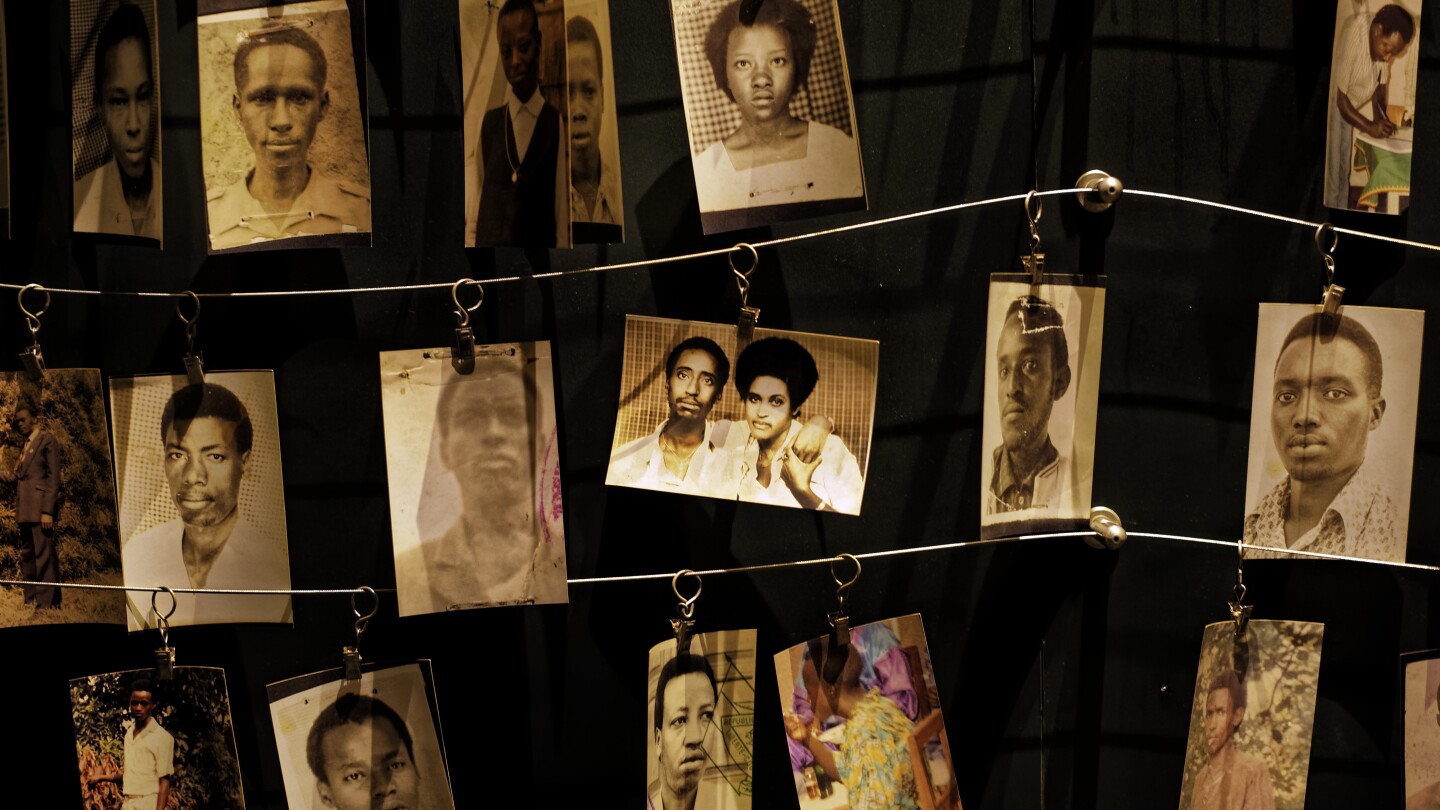PARIS (AP) — A Rwandan doctor who has been living in France for decades goes on trial Tuesday in Paris over his alleged role in the 1994 genocide in his home country.
Sosthene Munyemana, 68, faces charges of genocide, crimes against humanity and complicity in such crimes. He has denied wrongdoing. If convicted, he faces a life sentence.
The trial comes nearly three decades after the genocide in which more than 800,000 minority Tutsis and moderate Hutus who tried to protect them were killed between April and July 1994.
Munyemana arrived in September 1994 in France, where he has been living and working as a doctor until he recently retired.
He has been investigated for decades. Over 60 witnesses are expected to testify at his trial. Members of the Rwandan community in France first filed a complaint against Munyemana in 1995.
Munyemana was a 38-year-old gynecologist in the district of Burate at the time of the genocide. He is accused of co-signing in April 1994 “a motion of support for the interim government” that supervised the genocide and of participating in a local committee and meetings that organized roundups of Tutsi civilians.
He is also accused of detaining Tutsi civilians “without care, hygiene and food” in the office of the local administration that was “under his authority at the time,” and of relaying “instructions from the authorities to the local militia and residents leading to the roundup of the Tutsis,” among other things.
This is the sixth case related to the Rwandan genocide that is coming to court in Paris. The trial is scheduled to run until Dec. 19.
Many suspected perpetrators left Rwanda during and after the genocide, some settling in Europe. Some never faced justice. On Tuesday, the International Criminal Tribunal for Rwanda said it had confirmed the death of Aloys Ndimbati, a fugitive indicted by the tribunal.
Ndimbati, the leader of a rural community at the time of the genocide, was accused of organizing and directing massacres of Tutsis. He faced seven counts of genocide, among other crimes. Ndimbati died by around the end of June 1997 in Rwanda, the prosecutor’s office said in a statement: “The exact circumstances of his death have not been determined owing to the confusion and absence of order at the time.”
“While the survivors and victims of Ndimbati’s crimes will not see him prosecuted and punished, this result may help bring some closure in the knowledge that Ndimbati is not at large and he is unable to cause further harm to the Rwandan people,” the statement said.
Only two fugitives indicted by the tribunal remain at large, it said.
In recent years, France has increased efforts to arrest and send to trial genocide suspects.
Last year, Laurent Bucyibaruta was sentenced by a Paris court to 20 years in prison for complicity to commit genocide and crimes against humanity, making him the highest-ranking Rwandan to be convicted in France on such charges. He appealed.
Earlier this year, United Nations judges declared an 88-year-old Rwandan genocide suspect, Félicien Kabuga, unfit to continue standing trial because he has dementia and said they would establish a procedure to hear evidence without the possibility of convicting him. Kabuga was arrested near Paris in May 2020 after years on the run.
The mass killings of Rwanda’s Tutsi population were ignited on April 6, 1994, when a plane carrying then-President Juvénal Habyarimana was shot down and crashed in Kigali, the capital, killing the leader who, like most Rwandans, was a Hutu. Tutsis were blamed for downing the plane, and although they denied it, bands of Hutu extremists began killing them, including children, with support from the army, police and militias.

